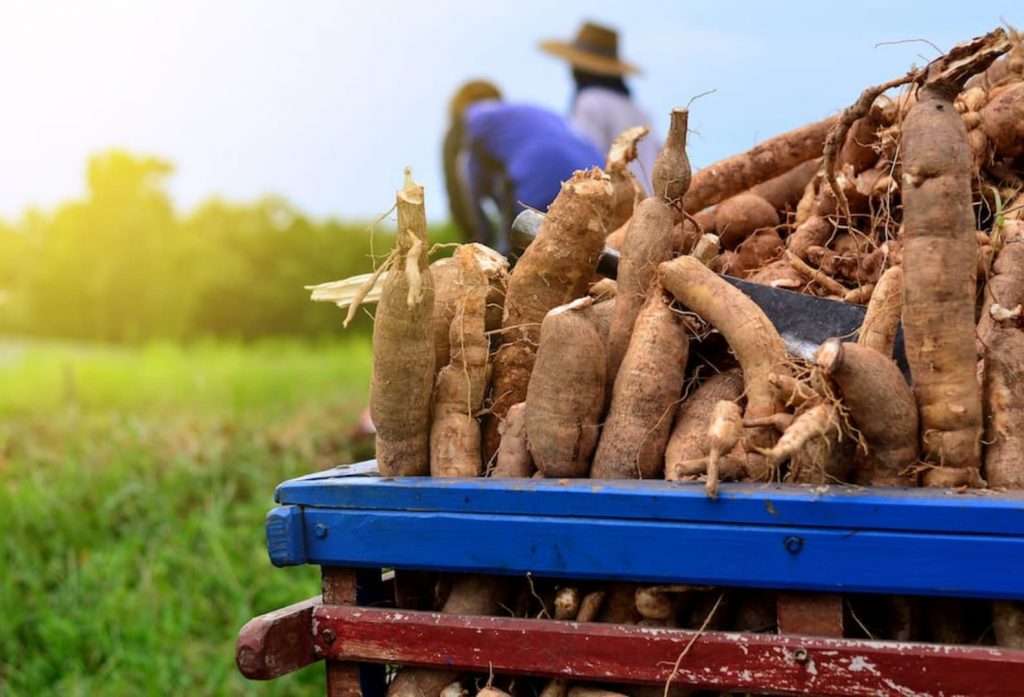Get the latest updates and learn more about Agribusiness in Africa.

19th July 23
The Kenya National Budget 23/24 – what it means for the agri-sector
Since the publication of the Budget Policy Statement in February 2023, the national budget for the 2023/24 financial period has been the focus of intense scrutiny and criticism. The government’s theme for the year’s budget is:
“Bottom-Up Economic Transformation and Climate Change Mitigation/ Adaptation for Improved Livelihoods of Kenyans.”
It will be founded on five pillars:
- Agricultural Transformation
- Micro, Small, and Medium Enterprise (MSME) Economy
- Housing and Settlement
- Healthcare, and
- Digital Superhighway and Creative Industry
The Kenyan agricultural sector has experienced numerous shocks in recent years, including increased costs for food, fertiliser, animal feed, and petroleum products brought on by the disruption of international commerce as well as issues like drought and low rainfall in various locations.
A brief highlight on the proposed interventions set out by the government in the proposed budget include:
- Allocating KES 5.0 bn to the Fertiliser Subsidy Programme. This will give farmers more access to affordable, high-quality fertilisers, which will boost agricultural output.
- Importing staple food items from the East African Community at a prescribed Common External Tariff (CET) of 35% for rice, and 10% for wheat. This is an effort to meet the local demand for these agri-goods. To safeguard the interests of local wheat farmers, wheat the Ministry of Agriculture will require wheat millers to buy the product from local producers before importing.
- Promoting technology and irrigated agriculture on a large scale to lessen dependency on rainfed agriculture.
- Extending duty-free importation of inputs for animal feed manufacture under the EAC Duty Remission Scheme for one year.
- Exclusion of advance tax obligation on tractors or trailers used for agricultural purposes.
- Imports of fish will be subject to an excise levy of KES 100,000 per metric or 20% (whichever is higher) on imported fish. This is aimed at protecting the livelihoods of Kenyans working in the local fish industry. However, the cabinet secretary is proposing reducing this rate to 10% due to the impact on accessibility and affordability of the important food source.

Although this is not an exhaustive list of all incentives to the sector under the bill, there are other changes that should be considered as they will impact the pricing of agricultural goods and profits to be retained by agribusiness owners. These are:
- Turnover Tax (ToT): the proposal will increase taxes due from smaller scale agribusinesses as the proposed ToT threshold will be lowered to KES 500,000 – KES 25,000,000 and increasing the ToT rate from 1% to 3%.
- Value Added Tax (VAT): VAT on fuel will be increased from 8% to 16% and will be added to the existing cost of petrol. This will affect the cost of agri-inputs and the final products where fuel-consuming machinery and vehicles (e.g., tractors, trucks, and trailers) are used to produce and distribute agricultural produce to different markets.
As the budget provisions continue to undergo approval at the National Assembly, we shall begin to see the true impact on the sector and can only hope that the net effect of all recommendations will be to increase agricultural production, create job opportunities along the value chains, and promote development of the local sector through technology and climate smart agricultural practices.
By Fridah Gitau
